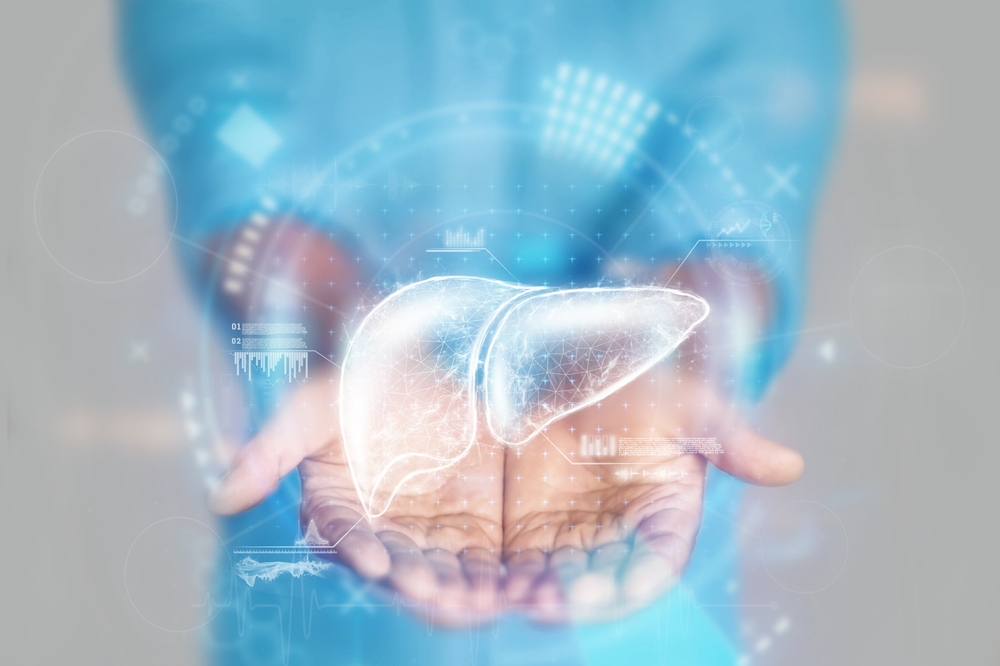
Autoimmune diseases in hepatology encompass a wide range of conditions where the immune system erroneously targets the liver cells, resulting in inflammation and possible harm. The intricacy and fluctuation of these disorders pose considerable obstacles for patients and medical practitioners alike. In this article, we will delve into the world of autoimmune diseases in hepatology, examining their various types, causes, symptoms, diagnosis methods, and treatments currently available.
Autoimmune diseases develop when the immune system, which oversees protecting the body from hazardous substances, misidentifies healthy tissues as foreign intruders and destroys them. When this happens in the liver, it can lead to a variety of autoimmune liver disorders, such as:
1. AIH (Autoimmune Hepatitis): AIH is a chronic liver disease marked by persistent inflammation and immune system assaults on liver cells. If left untreated, it can progress to fibrosis and cirrhosis.
2. Primary Biliary Cholangitis (PBC): PBC typically attacks the tiny bile ducts in the liver, eventually destroying them. This disorder can cause bile accumulation, which can cause inflammation and damage to the liver tissue.
3. Primary Sclerosing Cholangitis (PSC): PSC is characterized by bile duct inflammation and scarring, resulting in narrowing and blockage. This can cause liver damage and problems such as liver cirrhosis.
Although the precise causes of autoimmune liver diseases remain unclear, it is believed that a blend of genetic, environmental, and immunological factors is involved. The development of these conditions in individuals with a genetic predisposition may also be influenced by various triggers, including infections, medications, and hormonal fluctuations.
Symptoms of autoimmune liver diseases can vary depending on the specific condition and disease stage. Common symptoms include:
1. Fatigue and weakness
2. Jaundice (yellowing of the skin and eyes)
3. Abdominal pain or discomfort
4. Itchy skin, nausea, and vomiting
5. Loss of appetite and weight loss
6. An enlarged liver and spleen
7. Joint pain and stiffness are more commonly experienced in primary biliary cholangitis (PBC) and primary sclerosing cholangitis (PSC)
The diagnosis of autoimmune liver diseases involves a combination of clinical evaluation, medical history, physical examination, and specific diagnostic tests. Essential tests include blood tests to assess liver function, autoantibodies, and markers of inflammation. Imaging studies such as ultrasound, MRI, or CT scans may also be used to examine the structure of the liver and identify any abnormalities.
The management of autoimmune liver diseases usually involves a multidisciplinary approach combining medical therapy and lifestyle changes. The main objectives of treatment are to control the overactive immune system, reduce inflammation, and slow down the progression of liver damage. Commonly prescribed medications include corticosteroids, immunosuppressants, and Urso-deoxycholic acid for specific conditions such as PBC.
Autoimmune liver diseases can have varying degrees of severity, ranging from mild to severe. Early diagnosis and appropriate treatment are crucial in achieving better outcomes and preventing irreversible liver damage. Ongoing research in this field offers hope for improved management and quality of life for individuals affected by these complex liver disorders as new therapeutic options and targeted therapies continue to emerge.
In hepatology, autoimmune diseases present special difficulties because of the complex relationship between the immune system and liver function. To minimize the impact on patient's lives, it is crucial to enhance awareness, detect these conditions early, and effectively manage them. If you or someone you know experiences persistent unexplained liver-related symptoms, seeking immediate medical attention is essential for accurate diagnosis and tailored treatment. Fortunately, ongoing research and medical progress offer optimism for better outcomes and enhanced quality of life for individuals with autoimmune liver diseases.
قصص المرضى